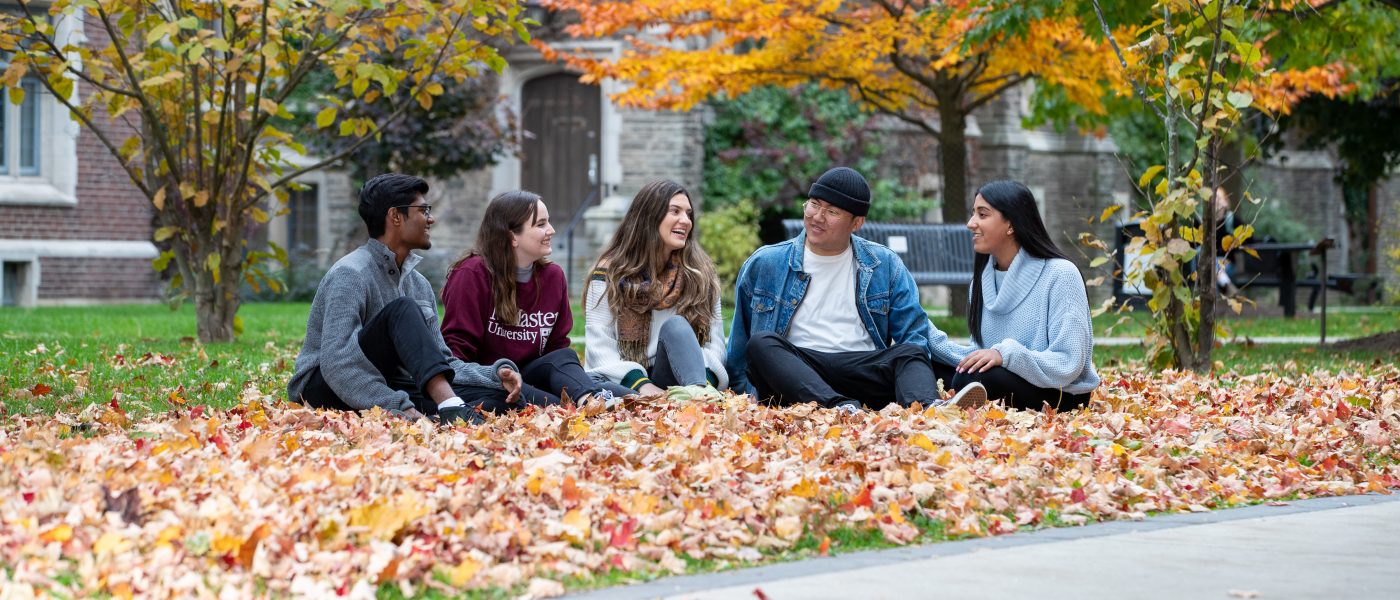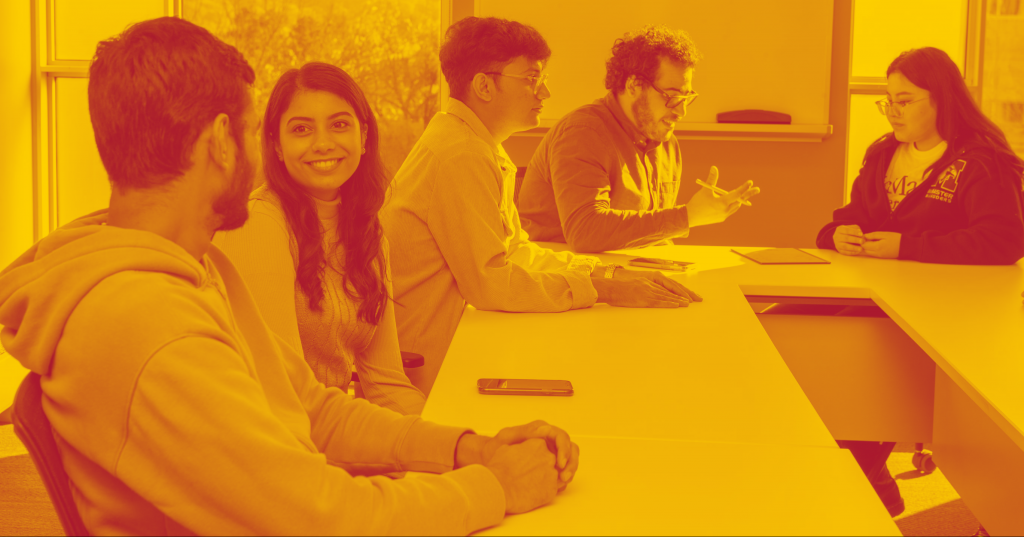Experiential Learning Resources for Students
Why Participate in Experiential Learning?
Students from all Faculties and programs at McMaster can benefit from experiential learning (EL). EL can include courses with hands-on learning elements, placements, campus jobs, internships, co-op, co-curricular activities, and more. EL provides opportunities to develop skills and knowledge while solving practical problems. In many cases, it also allows students to apply knowledge from their lived experiences to projects, while learning from the lived experiences of others as well.
Prospective employers highly value practical, hands-on experience gained through EL. It can also help identify new personal and professional interests. Finally, EL involves working with stakeholders both within and outside of campus, helping you expand your personal and professional network, and circles of support.
Finding Experiential Learning Opportunities at McMaster
There are several ways to find EL opportunities at McMaster. Faculties and programs as well as central units, such as the Student Success Centre and the Office of Community Engagement, design and deliver a range of curricular and co-curricular EL opportunities. Below are resources and sites that can help you identify experiential opportunities that meet your goals and needs.
Experiential Learning Opportunities Resource (EXPLORE) Find Opportunities
EXPLORE is a resource built in collaboration with the Student Success Centre designed to help undergraduate students from all Faculties and programs find experiential opportunities that meet their needs and interests.
Campus Jobs and Experience Work on Campus
The Student Success Centre has compiled a list of resources to find jobs on campus, including the McMaster Work Study Program, Mosaic, OSCARPlus, Athletics and Recreation and more.
SSC Experience-Building Opportunities View Programs
The Student Success Centre (SSC) runs paid and volunteer experience-building programs such as CareerTreks and Experience Ventures. They also offer mentorship, career counselling, experiential learning advising appointments, job/volunteer fairs, and more.
McMaster Students Union (MSU)
The McMaster Students Union (MSU) offers experience-building opportunities to undergraduate students through student clubs and employment.
INSPIRE Office of Flexible Learning Discover INSPIRE
INSPIRE offers experiential courses, including those that run during Intersession (a condensed one-month term in May), and the Spring/Summer terms. They also host interdisciplinary minors, such as in sustainability, Latin American and LatinX studies, and Africa and Black Diaspora Studies.
Office of Community Engagement (OCE) Visit the OCE
The OCE facilitates a number of experiential opportunities such as CityLab Semester in Residence and the Research Shop. They also work to connect students to community organizations through their CONNECTION program
Discover Experiential Learning By Faculty
Faculties provide specific resources for experiential learning (EL) to their students. Specific programs and departments may have their own resources and programming. Contact your program, department, or Faculty office if you are a student and are unsure where to start.

Faculty of Engineering
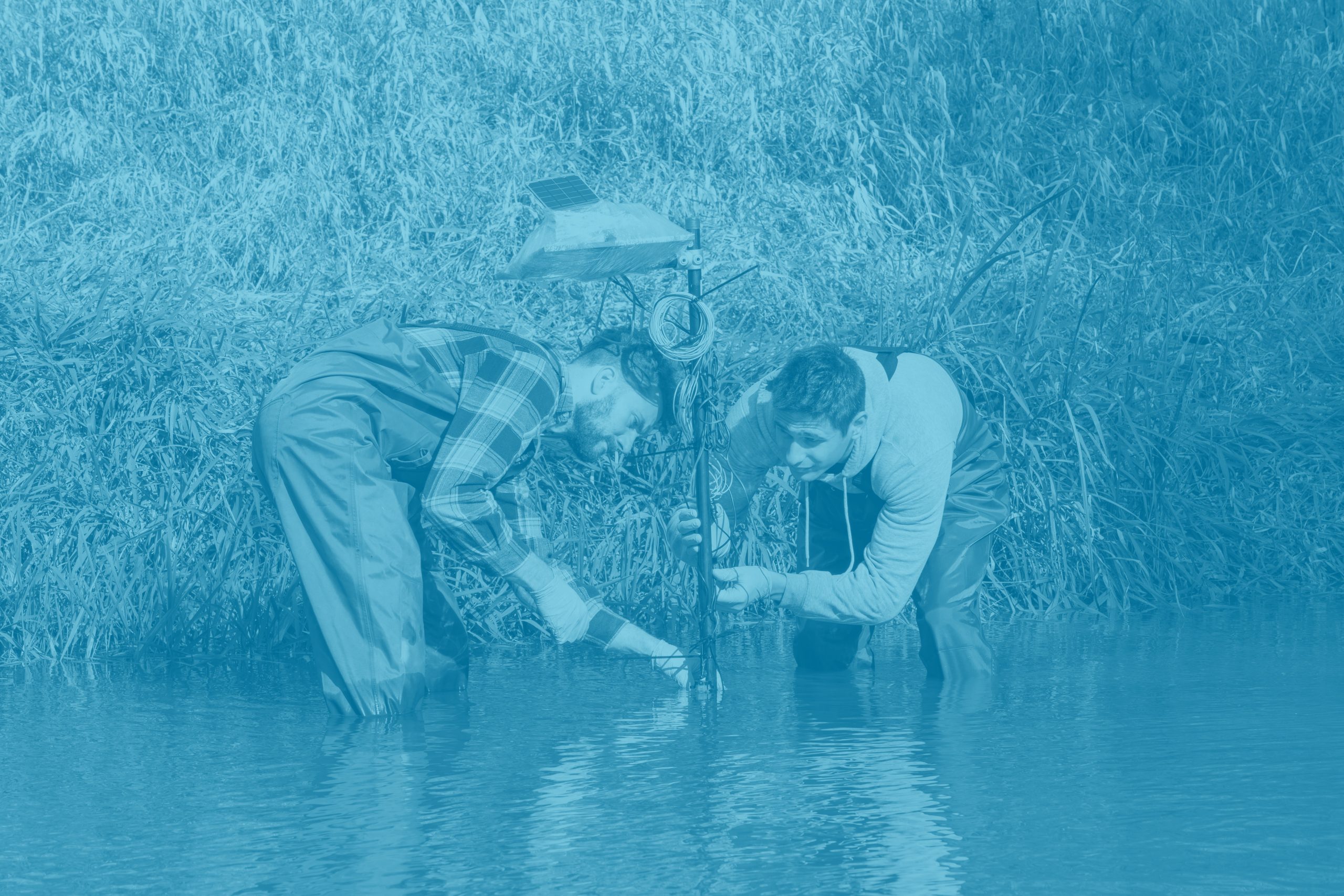
Faculty of Science
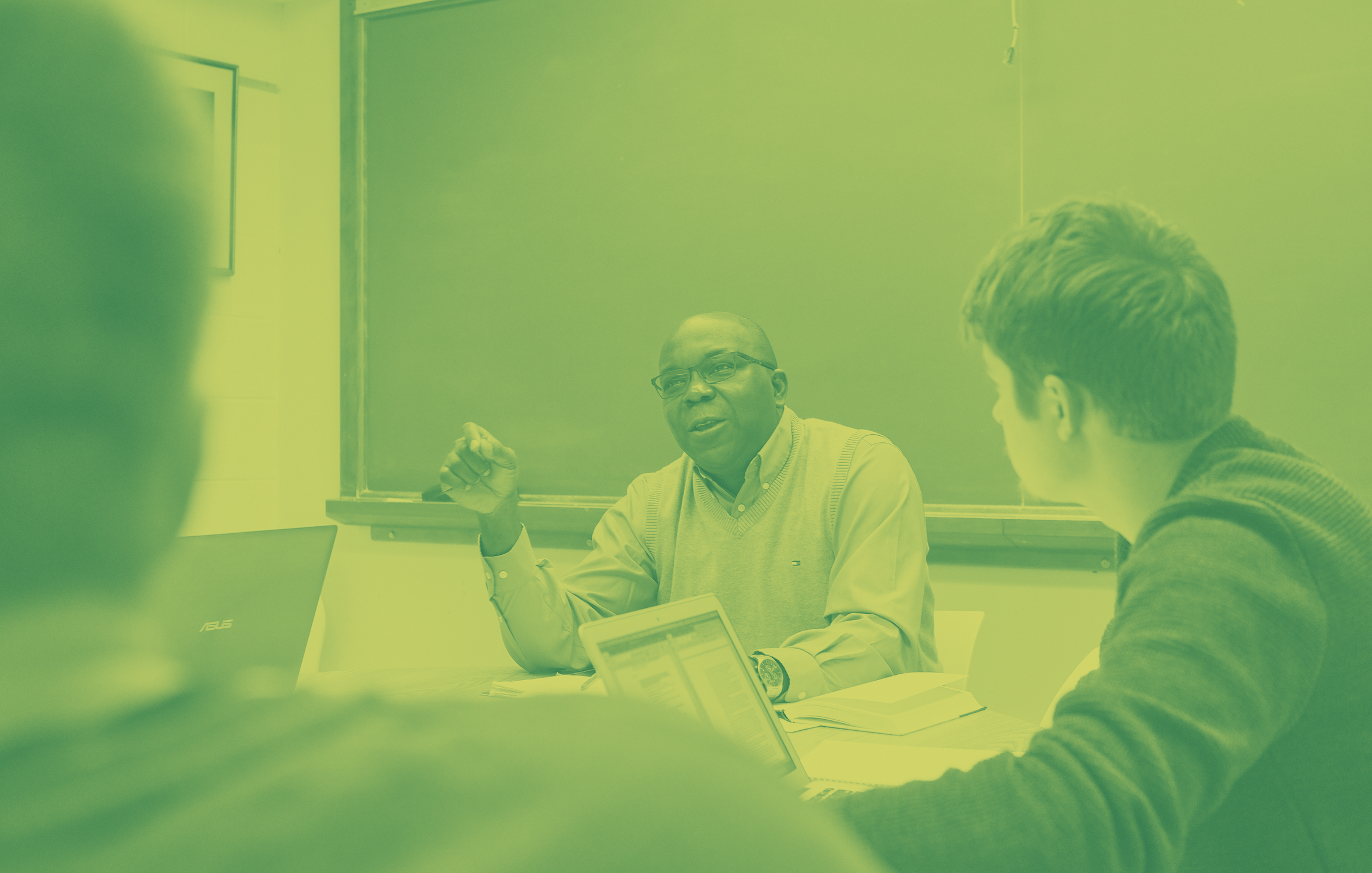
Faculty of Humanities

Faculty of Social Sciences
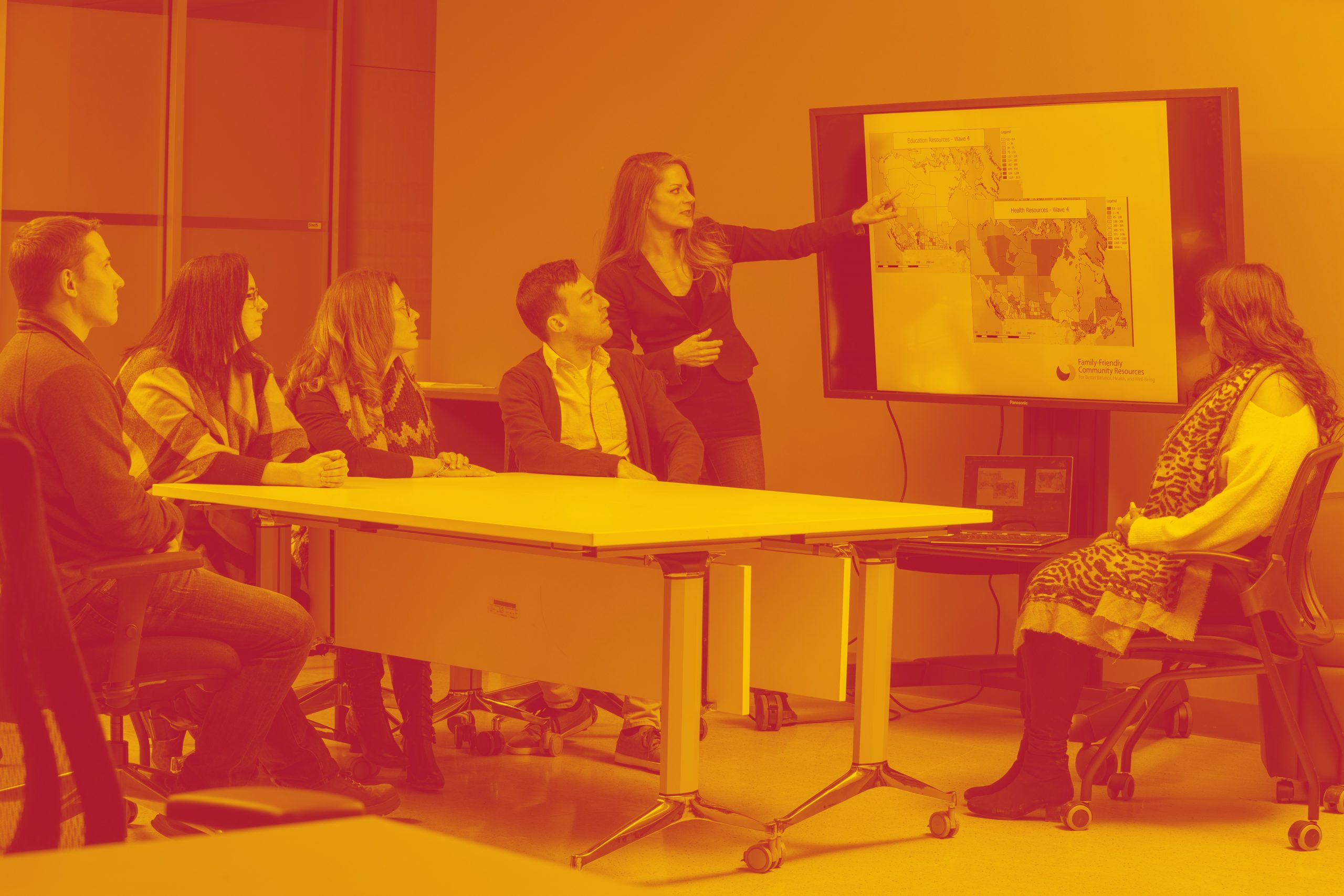
DeGroote School of Business
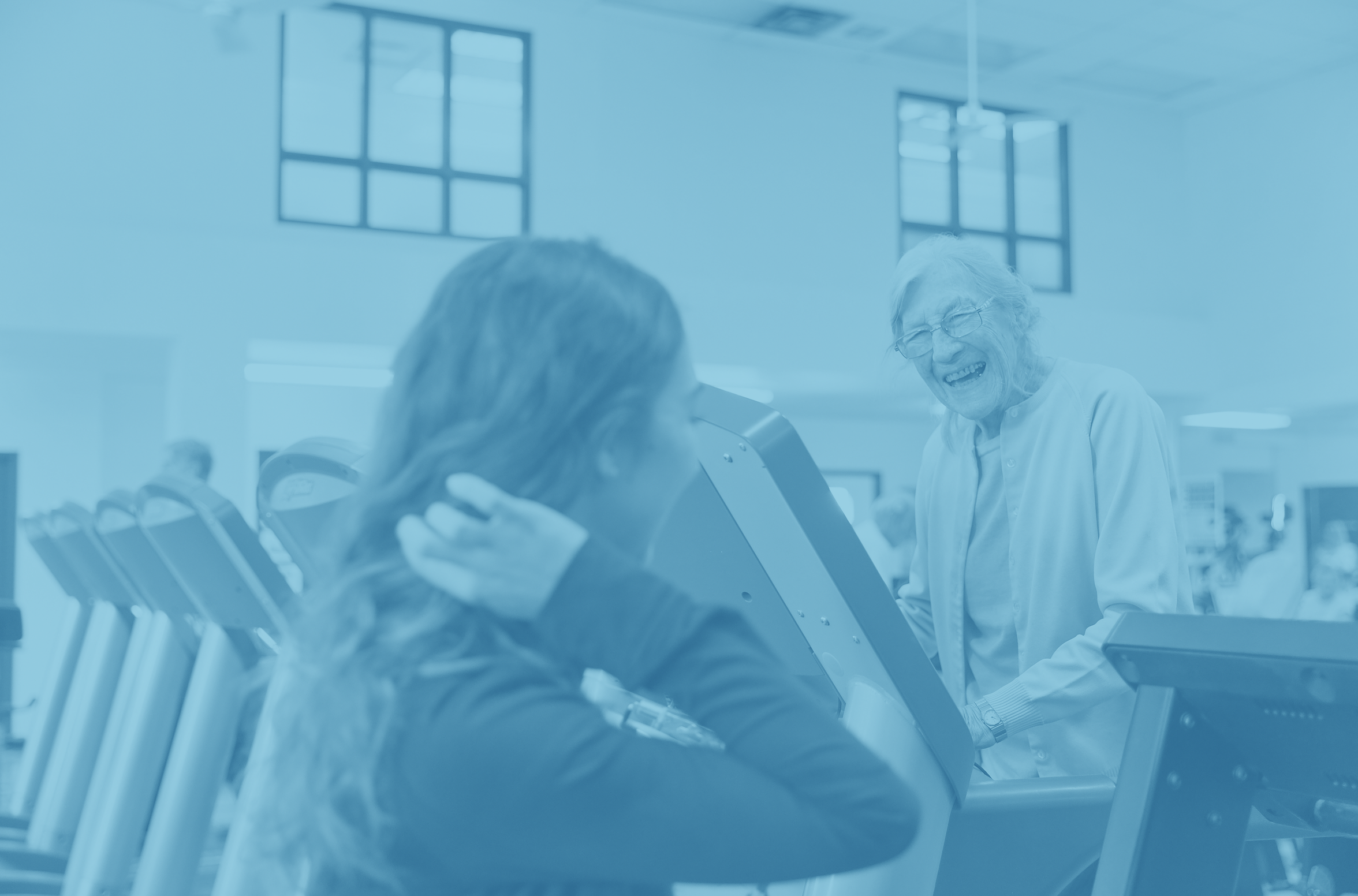
Faculty of Health Sciences
EL in the Faculty of Health Sciences varies by program. Please talk to an academic advisor or program lead to learn about the experiential learning opportunities that are available to you.
The Role of Academic Advising and Career Counselling in Experiential Learning Navigation
Academic advisors and career counsellors can help students identify and apply for EL opportunities, as well as reflect and record their experiences to support personal and professional development.
Academic advising is available across all faculties at McMaster. Visit your program/department or Faculty webpage to connect with an academic advisor. Some Faculties and programs also have career offices for career counselling. Additionally, career counselling services are available for all students at the Student Success Centre.
Addressing Barriers to Participation in Experiential Learning
Navigating experiential learning (EL) opportunities can be challenging. We acknowledge that there can be barriers to participation including but not limited to lack of funding, lack of existing accessibility supports, incompatible scheduling, and the need for many students to balance personal and professional responsibilities with academic study.
The resources listed below can help you navigate some of the common challenges related to participating in EL. Additionally, we recognize that there may be others outside of this list that you might turn to for support, such as peers, staff or faculty members, alumni, or others who can offer guidance in your personal, academic or professional life.
The Student Success Centre (SSC) offers a number of resources to support students in navigating experiential learning opportunities. It offers one-on-one experiential and employment appointments to help students reflect on their personal, academic and career goals, and find both volunteer and paid experiential learning opportunities that align with them. The SSC facilitates a number of experiential learning opportunities such as CareerTreks and Experience Ventures to support hands-on learning. It also hosts volunteer and job fairs to connect students with opportunities.
The Black Student Success Centre (BSSC) is dedicated to supporting and championing the holistic (academic, personal and professional) success and overall well-being of Black/African descent students and fostering a positive Black student and athlete experience. The BSSC has mentorship programs, scholarship and awards, as well as other programs to help students navigate their journey at McMaster.
Indigenous Student Services (ISS) offers numerous supports and services for Indigenous students, such as academic support and advising, as well as scholarships and funding. Additionally, the Student Development Program supports students in participating in experiences and activities that can enhance their academic and professional growth.
Career Access Professional Services (CAPS) are for students and alumni who identify as a member of an equity-deserving group or have barriers to employment. The CAPS team provides individualized support to assist with all aspects of career development including experiential learning.
The Archway Program offers mentorship, as well as resources and guidance, to off-campus students to help them navigate their first year at McMaster.
Student Accessibility Services (SAS) provides academic accommodations and related supports for students with disabilities at McMaster. They may be able to support students enrolled in course-based experiential learning opportunities.
The Student Wellness Centre (SWC) provides a range of services to support student wellness during their time at McMaster, including medical care, health education and promotion programs, counselling and peer support programming.
The Sexual Violence Prevention and Response Office (SVPRO) is dedicated to ensuring living, learning and working environments (including those for experiential learning and work opportunities) are free of sexual violence. Their services include inclusive and trauma-informed response and support, prevention education and response training, as well as community consultation and referral for information and guidance on policies, programs, services, and resources.
The Equity and Inclusion Office fosters living, learning and work environments (including those for experiential learning and work opportunities) that uphold human rights, inclusion, accessibility, and sexual violence prevention. They offer several programs to support the McMaster Community:
- The Human Rights and Dispute Resolution Program provides confidential complaint resolution services based on policies on discrimination, harassment and sexual violence.
- The Inclusion and Anti-Racism Education Program provides education opportunities related to harassment, discrimination, anti-oppression, accessibility, accommodation, and other human rights-related issues.
- The Accessibility Program provides consultation and advice on the identification, removal and prevention of barriers to accessibility
- The Sexual Violence Prevention and Response Office (SVPRO) provides services to prevent and respond to sexual violence in a trauma-informed manner.

